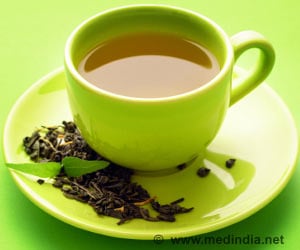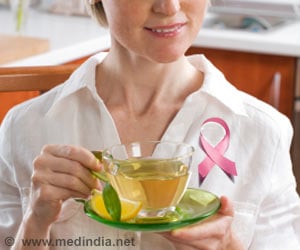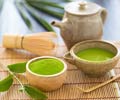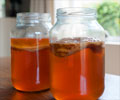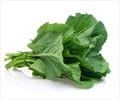An extract of green tea is found to reduce symptoms of herpes, reducing itching and stages of ulceration and blistering, offering hope to many.
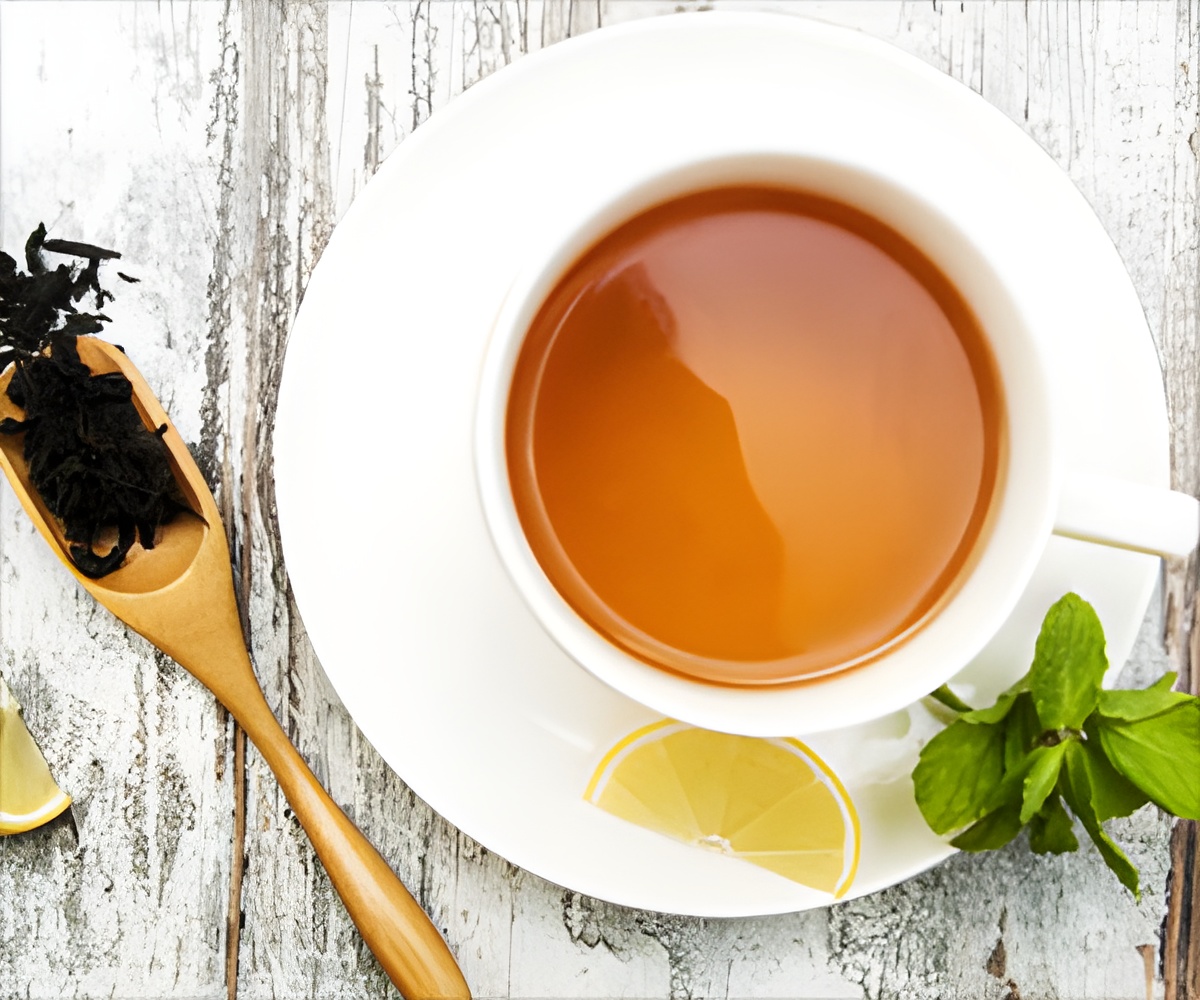
- Green tea that contains epigallocatechin gallate (EGCG) has been shown to be effective against Herpes Simplex Virus (HSV).
- HSV-1 and HSV-2 virions when exposed to EGCG were destroyed.
- A propriety formulation called AverTeaX used for topical application has been found to be effective against herpes.
- In America, 1 in 6 adults, between the age of 14 to 49 years, are infected with herpes.
- In India, among patients who attend STD clinics, 43 to 83% have been found to be infected with herpes and in population screening, 7.9 to 14.6% were affected.
- HSV infection increases the risk for HIV infection by two to three folds.
The symptoms associated with herpes labialis were significantly reduced in the group that was treated with AverTeaX.
- The number of episodes reduced.
- The stages of ulceration and blistering were reduced.
- Duration of the condition was reduced.
- Quality of life among people with AverTeaX improved as itching was reduced.
- The time period between episodes was also prolonged among people who used AverTeaX.
Green tea has been emerging as a source of active ingredients that aid in good health and staving off certain diseases. Certain countries across the world, like China, have been consuming green tea for many centuries, benefiting from its rich sources of catechins.
All forms of tea - green, black or oolong, are all made from the plant called Camellia sinensis, but the processes that each form goes through differ. Black tea is prepared by following an extensive fermentation process while in green tea, there is no fermentation of the leaves. Therefore, the anti-oxidants and polyphenols are preserved in the preparation of green tea.
Green tea consists of polyphenols, which include:
- Flavanols
- Flavandiols
- Phenolic acids
- Flavanoids
- Epicatechin (EC)
- Epigallocatechin (EGC)
- Epicatechin gallate (ECG)
- Epigallocatechin gallate (EGCG)
- EGCG inhibits the binding of HIV protein to the CD4 receptor.
- Inhibits the replication of the influenza virus.
- EGCG interacts with the glycoproteins of the Herpes Simplex Virus (HSV) and inactivates them.
Since green tea consists of active ingredients, it is not usually recommended for people with cardiovascular problems, gastric ulcers, psychological disorders or with liver disease and pregnant women.
In treating HSV, topical application of EGCG is more significant when compared with consumption. This is because plasma concentrations of EGCG on consumption are 5 to 50 times lower than the required amount to affect HSV. In topical applications, EGCG is concentrated to the required amount and then applied locally to the region, proving to be more effective.
References:
- http://www.who.int/bulletin/volumes/86/10/07-046128/en/
- http://www.ncbi.nlm.nih.gov/pmc/articles/PMC2258520/
- http://www.ncbi.nlm.nih.gov/pubmed/23182741
- http://www.cdc.gov/std/herpes/stdfact-herpes.htm
- http://www.ncbi.nlm.nih.gov/pmc/articles/PMC3613332/
- http://hsvblog.org/herpes-blog/facts/herpes-statistics/
- https://www.nlm.nih.gov/medlineplus/herpessimplex.html


